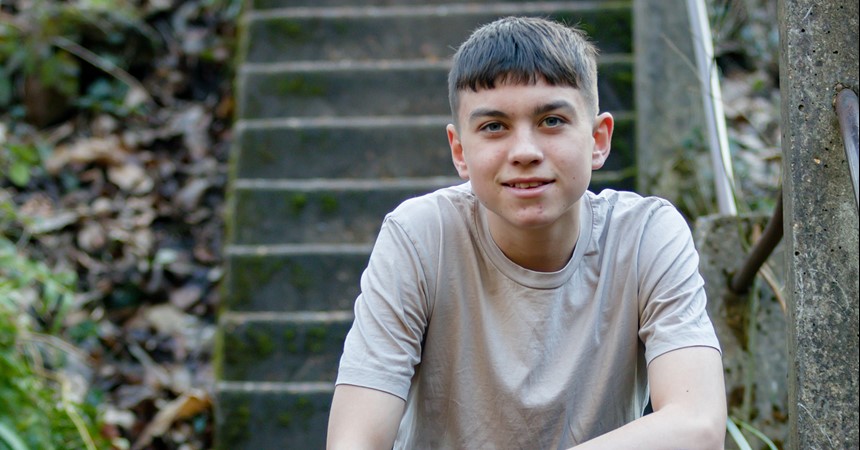Harry was a fostered young man who had been supported by two families through a challenging childhood. However, given his grin, he appeared to be emerging with a sense of belonging.
Whether we look back in time or into the future, our connections with family meet a universal need – that of healthy attachment. For most of us, our family connections develop with only the occasional hiccup.
However, for parents and children in foster care, family connections can come to a sudden stop or prolonged break. Some parents need time to solve life’s problems before caring for their children again. The “stop” not only requires a significant amount of planning, it requires a great deal of compassion.
Foster carers perform a highly valued role. They raise children while those children’s parents build capacity and explore the possibility of restoration. In the vast majority of cases, the universal need of “healthy attachment” remains key. Mums will always be “mum”, and dads will always be “dad”.
Better outcomes are predicted for children restored to their parents. The out-of-home-care sector (now called the Permanency Support Program or PSP) prioritised the restoration of children to their parents where possible. Some “permanent’ care placements became “restorative”.
Harry’s foster carer Claire said this situation pulled at the heartstrings. She said parents and carers become attached to a child who might transition from one household to the other. She did say however that she took an idea from a CatholicCare seminar.
“I used to think I was supporting a child, but then I realised I was supporting a family,” she said. Since that time, Tegan and Claire have formed a close relationship and worked busily on phone calls, family visits, and joint celebrations with Harry.
Raising children is highly rewarding and, for those of you waiting for the “but”, yes, it can be highly challenging. It pays to have a support network. In 2018, CatholicCare created support teams with various specialists to co-ordinate children’s care and work towards therapeutic outcomes.
CatholicCare’s therapeutic consultants offered counselling to children and young people, and a range of programs and services to parents and carers. Needless to say, transitioning children back from foster care to their families can be incredibly tough.
Harry described allegiances to both Tegan and Claire: “It’s just weird. Claire was always there for me but she’s not my mother, but then again, I needed her.”
Tegan developed a promising capacity to care but often questioned herself. “I don’t know if I am doing it right,” she said. “Maybe Claire was better at it.”
Claire came from a place of compassion. “I had to support Tegan knowing that the more capable she became the less I would see Harry,” she said.
Claire cared for four foster children. She rejoiced in a hundred milestones, gave a million cuddles, and soothed a thousand meltdowns. Claire also reached out to Tegan despite the possibility of losing Harry from her family.
“This is the story of a lot of carers,” said Claire. “It’s hard sometimes, but you have to do what’s right for the family.”
Foster carers not only perform a highly valued role, they care with extraordinary compassion towards children and their families.






















































































